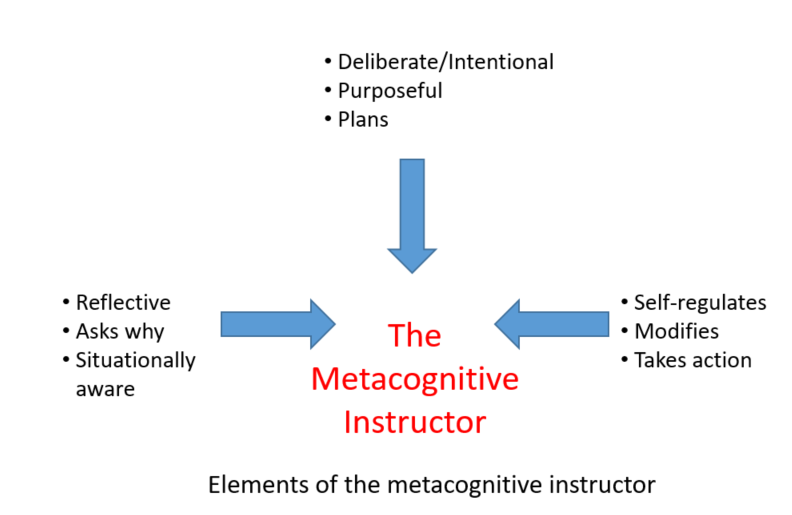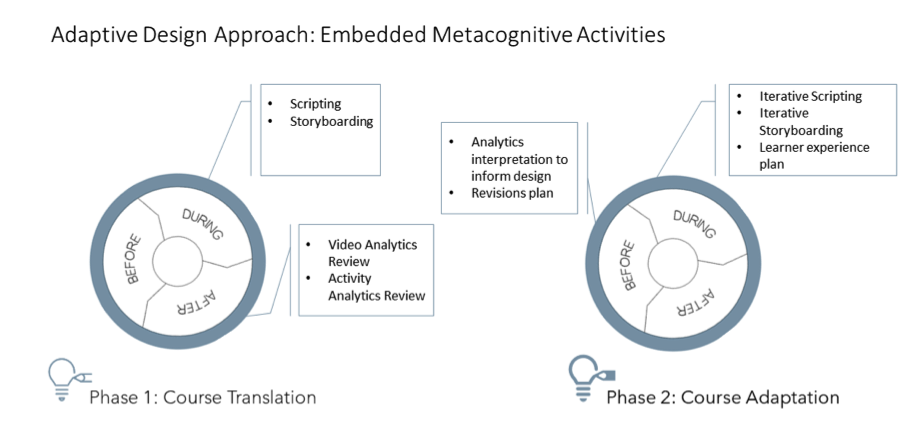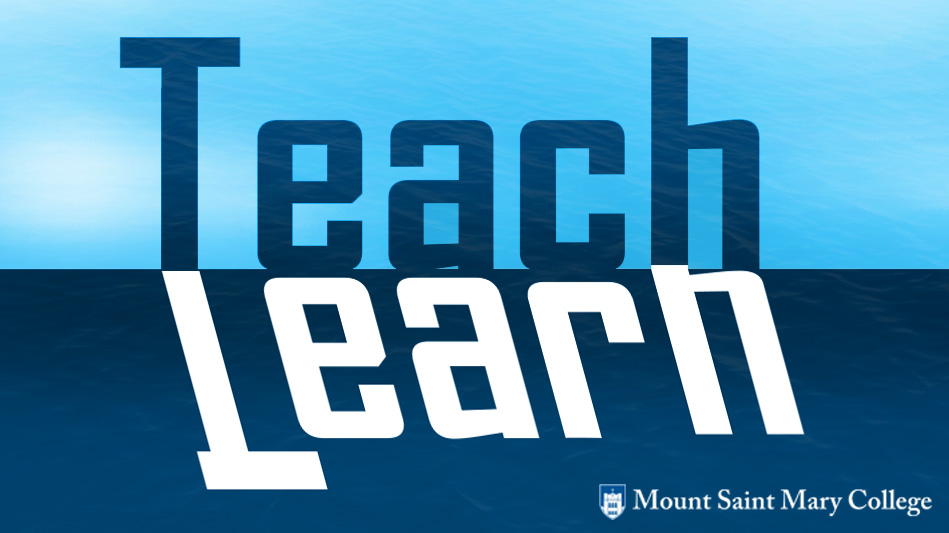John Draeger, SUNY Buffalo State
The Teaching and Learning Center at SUNY Buffalo State hosts a regular breakfast conversation on Friday mornings. Faculty and staff gather around coffee, bagels, and a common reading. This fall we read Becoming a Student-Ready College: A new culture of leadership for success (McNair et al., 2016). The book chronicles recent changes in higher-education. More and more students are the first in their families to go to college. More come from communities of color.  More work full-time and find it necessary to take care of family members while attending school. I love the underlying premise of the book. The question is NOT what students are doing to ready for us. Rather, the question is what WE are doing to get ready for THEM.
More work full-time and find it necessary to take care of family members while attending school. I love the underlying premise of the book. The question is NOT what students are doing to ready for us. Rather, the question is what WE are doing to get ready for THEM.
This post argues that promoting metacognition is necessary if we are going to meet the needs of our current students. Metacognition prompts us to be aware of what students need and points the way towards the necessary adjustments.
We can do better and we must do better. Students are stopping out at alarming rates. In some cases, this is simply because they didn’t successfully navigate obtuse institutional expectations. For example, how many times do we ask students to crisscross campus for this signature on that form only to be told they need to come back later? Come to think of it, how many institutional procedures actually make sense? Many policies kept alive by sheer institutional inertia. Those of us who have been around long enough may know how to navigate them, but this is profoundly unfair to students.
McNair et al. encourage each of us to ask the questions that pave the way for student success, even when (perhaps especially when) it is  uncomfortable. They call on campuses to embrace a leadership model that is simultaneously bottom-up, top-down, and inside-out. Everyone must take it upon themselves to live into their role in creating a study-ready campus.
uncomfortable. They call on campuses to embrace a leadership model that is simultaneously bottom-up, top-down, and inside-out. Everyone must take it upon themselves to live into their role in creating a study-ready campus.
Senior leadership needs to articulate a vision of the campus needs to do to be ready for students. Shared governance bodies need to hold the campus accountable. Offices across campus can, and should, reflect on the policies, procedures, attitudes, and behaviors that might inadvertently impede student success. While no one person can transform the campus, each person can clean up their own corner of it. How can departments align learning outcomes with the needs of current students? How can faculty explore whether and how their classroom methods facilitate student learning of all students? And how can everyone on campus be mindful of the many points of view represented by our diverse student bodies, and strive to overcome stereotypes and implicit bias to demonstrate a steadfast belief in students?
Each chapter of the book offers a series of guiding questions to frame campus discussions. They are, in essence, offering a metacognitive approach to culture change. It can happen. Jen McCabe and Justine Chasmar outline how Goucher College has been transformed through metacognition (McCabe & Chasmar, 2018). Of note, the Goucher initiative was kicked off by their president, Jose Antonio Bowen. While it takes a campus become student-ready, senior leadership can play an important role in framing the conversation. Regardless, the conversation needs to happen if campuses are to meet students where they are.
This site defines ‘metacognition” as “an intentional focusing of attention on a process in which one is personally engaged. It encourages awareness of one’s current state of accomplishment, along with the situational influences and strategy choices that are currently, or have previously, influence accomplishment of that process.” Becoming student ready requires that each and every person be personally engaged with student success. Individuals and offices across campus need to critically assess the current state of affairs. Is this a student ready campus? If not, then what are the situational influences keeping that from happening?
If change is necessary, then what strategy choices are mostly likely to influence that process? Progress should be monitored so that all involved are aware of the current state of accomplishment. If the current strategies are not resulting in a student-ready campus, then further thought should be put to how campuses will make the necessary adjustments. In short, metacognition is necessary if colleges and universities are to become student-ready.
References
McCabe, J. & Chasmar, J. (posted December 10, 2018). “Metacognition at Goucher I: Framework and Implementation.” Retrieved from https://www.improvewithmetacognition.com/metacognition-at-goucher-i-framework-and-implementation/.
McNair, T. B., Bensimon, E., Cooper, M. A., McDonald, N., & Major Jr, T. (2016). Becoming a student-ready college: A new culture of leadership for student success. John Wiley & Sons.




